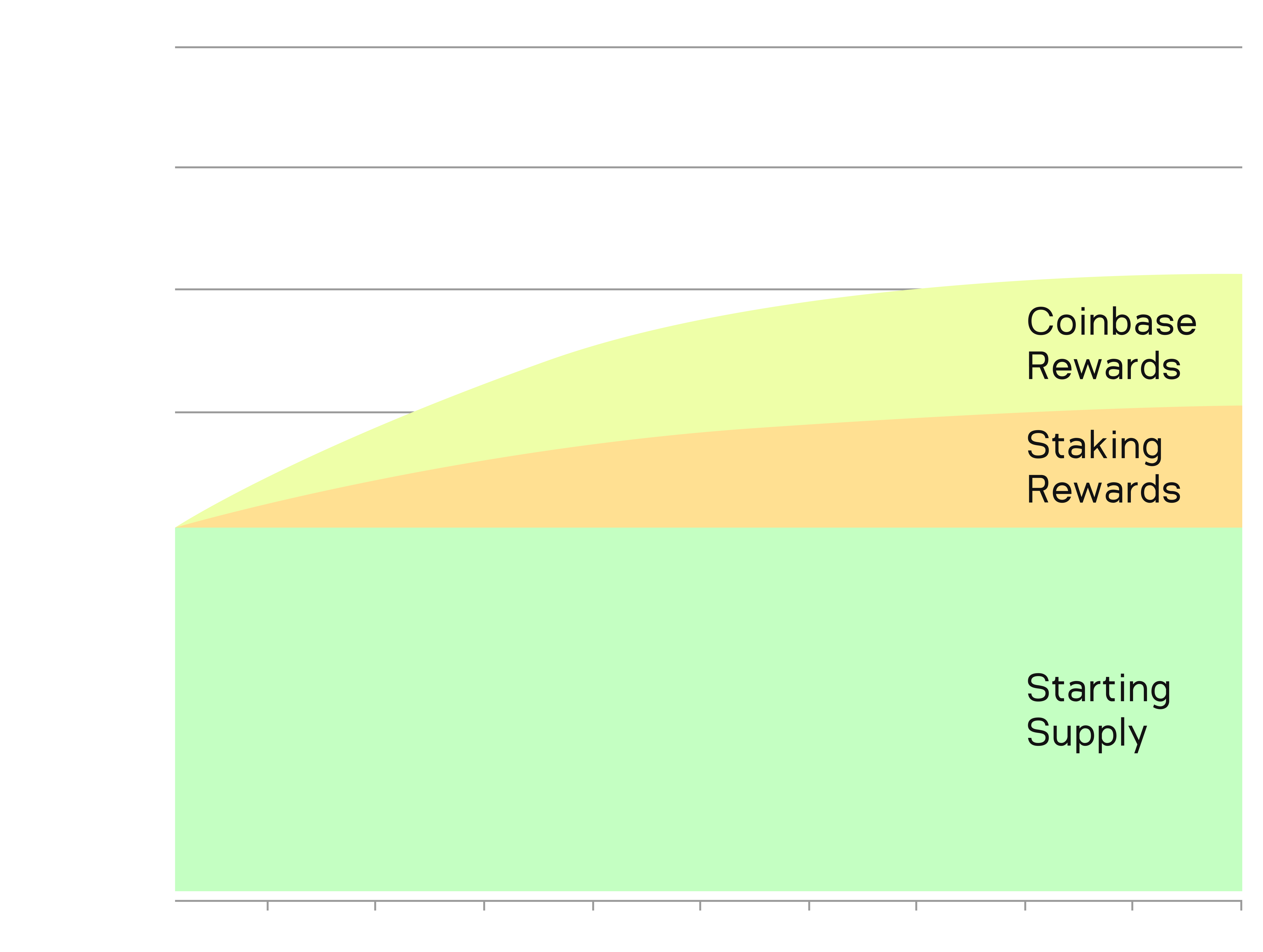Introducing Aleo Tokens
Aleo Tokens allow users and developers to secure verification and data services on the decentralized network and compensate service providers for their work to benefit the entire Aleo open-source ecosystem.

How the Aleo Token works
Granting access
Aleo Tokens are used to access blockspace and computational resources on the network, with users paying Tokens to submit transactions and have them processed.
Creating incentives
Provers and validators are rewarded in Aleo Tokens by the protocol for securing it, incentivizing a robust decentralized network.
Enabling staking
Aleo Tokens can be staked with validators to produce blocks and provide network security, with stakers receiving a pro-rata share of network rewards in return.
Powering governance
After mainnet launch, Aleo Token holders may participate in decentralized governance, voting on upgrades and changes to the protocol.
How Aleo Tokens are distributed
Initial distribution (approximate %)

Early Backers 34%
Grants & Education 25%
Employees & Project Contributors 17%
Aleo Network Foundation & Provable 16%
Strategic Partners 8%
The initial supply at launch will be 1.5 billion Aleo Tokens. These are allocated to early backers (34%), grants & education (25%), employees & project contributors (17%), Aleo Network Foundation & Provable (16%), and stragic partners (8%).
Rewards
The Aleo Network issues Aleo Tokens as rewards to provers for solving puzzles, and validators for securing the network and participating in consensus. Provers are responsible for generating zero-knowledge proofs that validate the correctness of a transaction or computation.
In the context of Aleo, these proofs are used to ensure that transactions are valid while keeping the transaction data completely private. By solving computational puzzles, known as Coinbase Puzzles, provers are rewarded with ALEO tokens thus incentivizing the development of efficient hardware for proof generation.
Every epoch (360 blocks) the Coinbase Puzzle changes, requiring provers to shift to computing the new Puzzles to continue having solutions accepted by the network. The generation of ZKPs requires significant computational power, but provers are not required to stake or lock any ALEO tokens.
Provers are compensated with ALEO tokens for each valid proof they generate and submit through Coinbase rewards. Coinbase rewards are set to decrease by 10% annually until year 9 when they will be set at a fixed rate.
Block rewards
Validators also earn a constant block reward (currently set at 23 Tokens per block) in perpetuity as an incentive to keep validating.
Circulating supply
The total circulating supply of Aleo Tokens grows to 2.6 billion over 10 years, and doubles in about 21 years, as rewards are issued.
Inflation
The inflation rate decreases over time from around 12% in year 1, to 2% in year 10, approaching 0% over time.
Over 10 years, more than 50% of Aleo Tokens will be distributed to the public.
